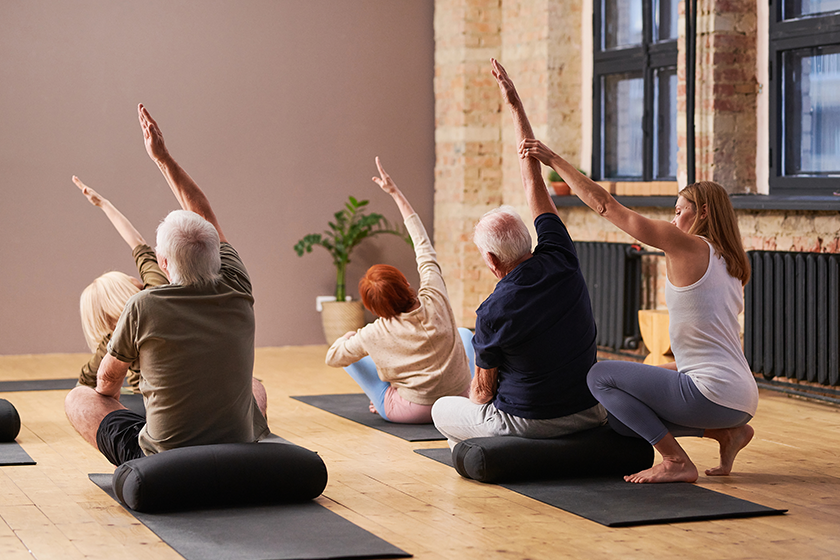For older adults, discovering new skills can open doors to enriched experiences and improved mental and emotional health. While many focus on physical health, the act of learning new skills is equally key to enhancing seniors’ life quality. Elderly individuals who engage in skill-building activities enjoy increased cognitive stimulation, a sense of accomplishment and opportunities for meaningful interactions.
Cognitive Benefits of Acquiring New Skills
Learning challenges the brain, keeping it active and resilient. Elderly individuals who take up activities like painting, playing a musical instrument or even learning a new language experience improved memory and problem-solving abilities. These pursuits enhance neuroplasticity and help the brain adapt and remain sharp as the years advance.
Fostering Emotional Well-Being
Mastering a new skill instills a sense of achievement, boosting self-esteem and confidence. Elderly individuals often face feelings of isolation or purposelessness. However, engaging in enriching activities counters these emotions. Hobbies like gardening, photography or digital art can bring joy and fulfillment while providing a creative outlet.
Social Benefits of Shared Learning Experiences
Joining classes or workshops introduces older adults to peers with similar interests. These interactions nurture friendships and a sense of belonging. For example, participating in book clubs or cooking classes allows elderly individuals to share their progress, celebrate milestones and develop lasting bonds.
Practical Skills for Everyday Life
Beyond hobbies, learning practical skills like cooking, technology use or financial planning can empower elderly individuals to maintain independence. Becoming comfortable with smartphones or computers enables elderly individuals to stay connected with loved ones and access valuable online resources.
Overcoming Barriers to Learning
Fear of failure or a belief that learning is for the young can deter residents. Encouraging environments, patient instructors and adaptive tools help overcome these obstacles. By emphasizing that it’s never too late to learn, elderly individuals can embrace new skills with enthusiasm and pride.
A Path to Lifelong Growth
Learning new skills is more than just acquiring knowledge or mastering a hobby—it is a gateway to a richer, more fulfilling life for elderly individuals. Engaging in new activities sharpens cognitive abilities, keeping the mind active and resilient. This mental stimulation can slow cognitive decline, boost memory retention and improve problem-solving skills, empowering elderly individuals to navigate life with confidence.
Beyond the cognitive benefits, learning fosters emotional well-being. Accomplishing a new skill brings a sense of achievement, enhancing self-esteem and reducing feelings of isolation. They also offer opportunities to connect with like-minded individuals, nurturing social bonds and building a supportive community.
Lifelong learning is at the heart of our community in Gahanna, Ohio. Through senior living programs designed to engage the mind and spark curiosity, elderly individuals in our Independent Living community enjoy opportunities to explore new skills, hobbies and passions.
From creative arts classes to technology workshops, we aim to make learning accessible and rewarding. These activities not only enhance cognitive function but also build a sense of accomplishment and joy. Combined with the vibrant atmosphere of Gahanna, Ohio, our programs inspire elderly residents to continually enrich their lives. Schedule a visit for your chance to learn, grow and thrive.







